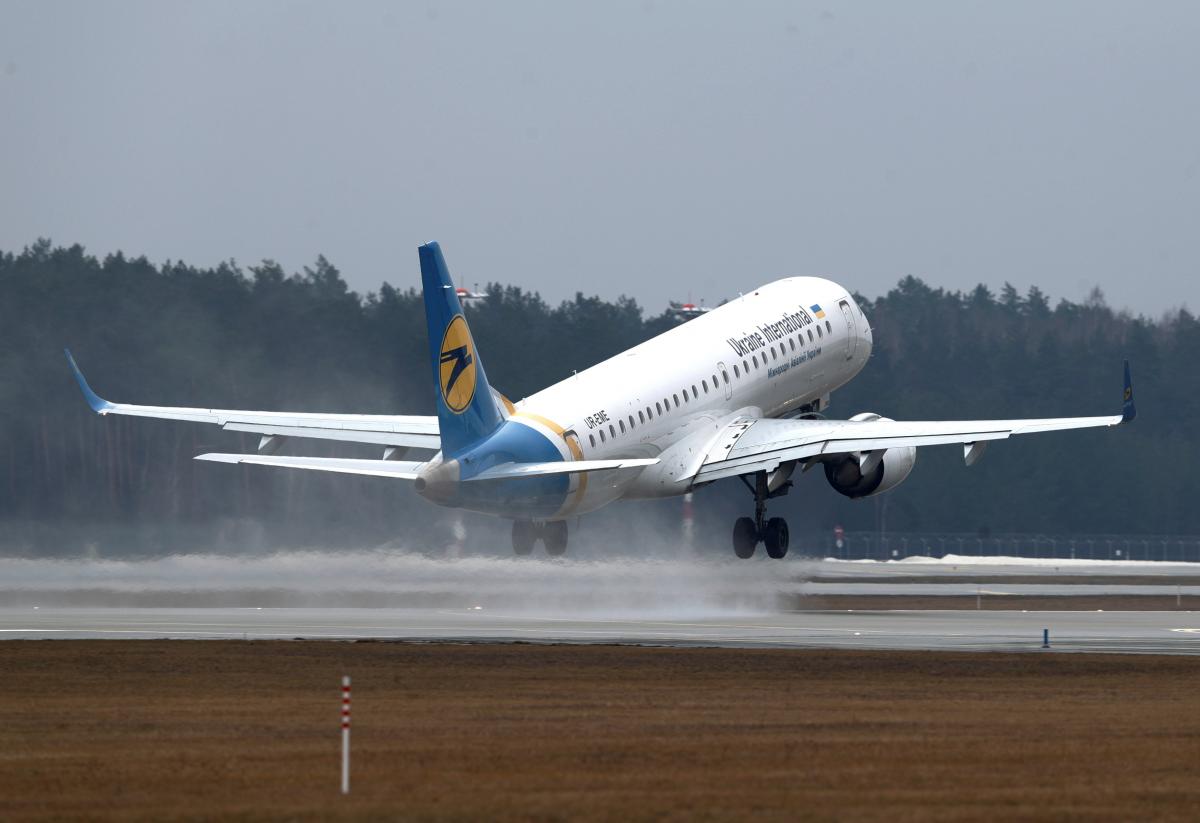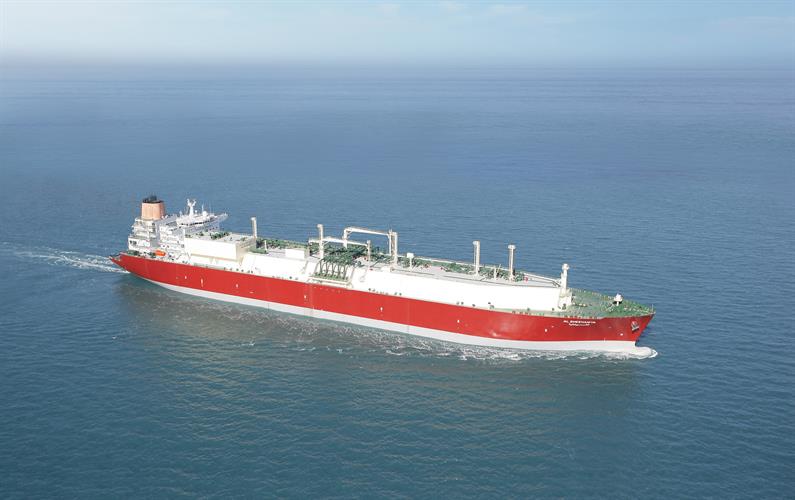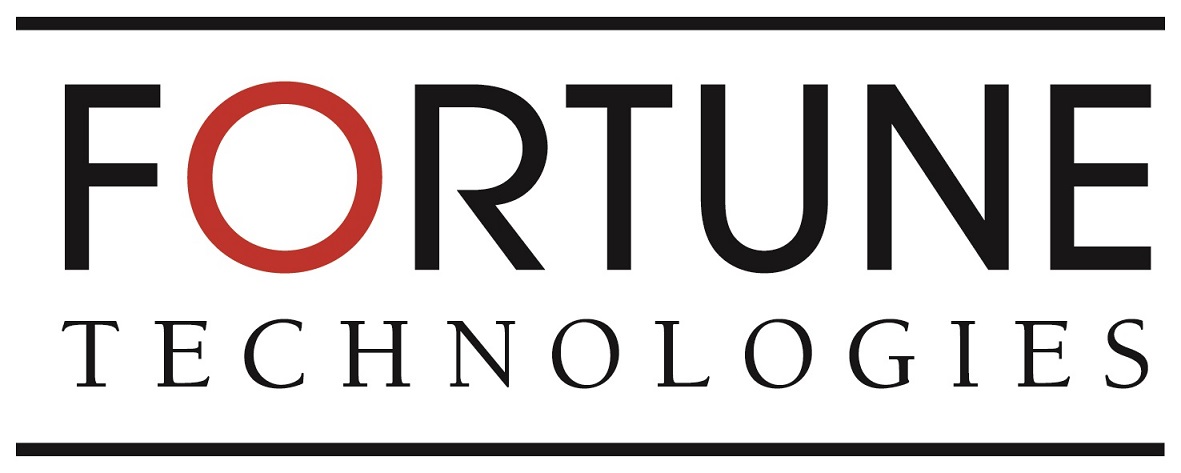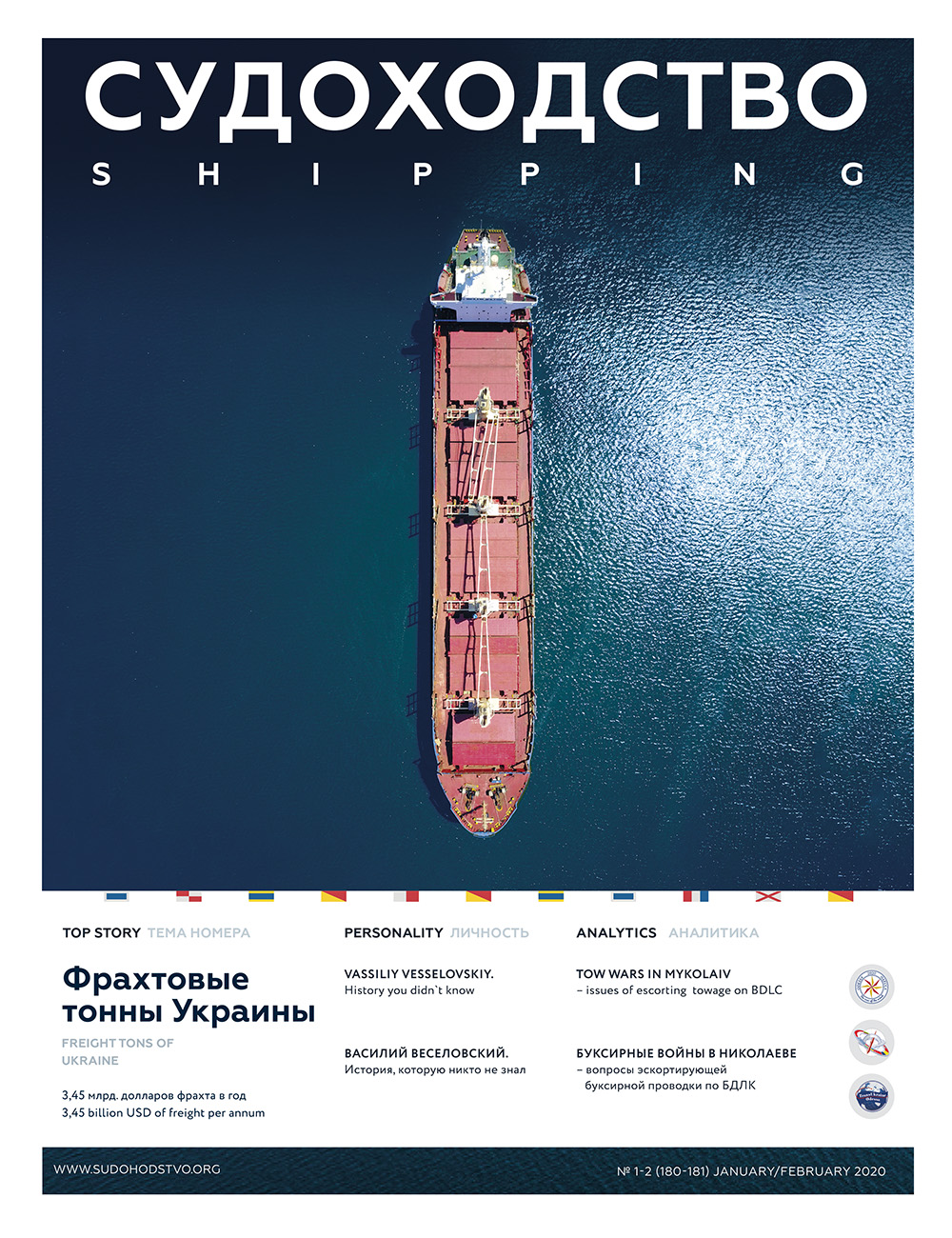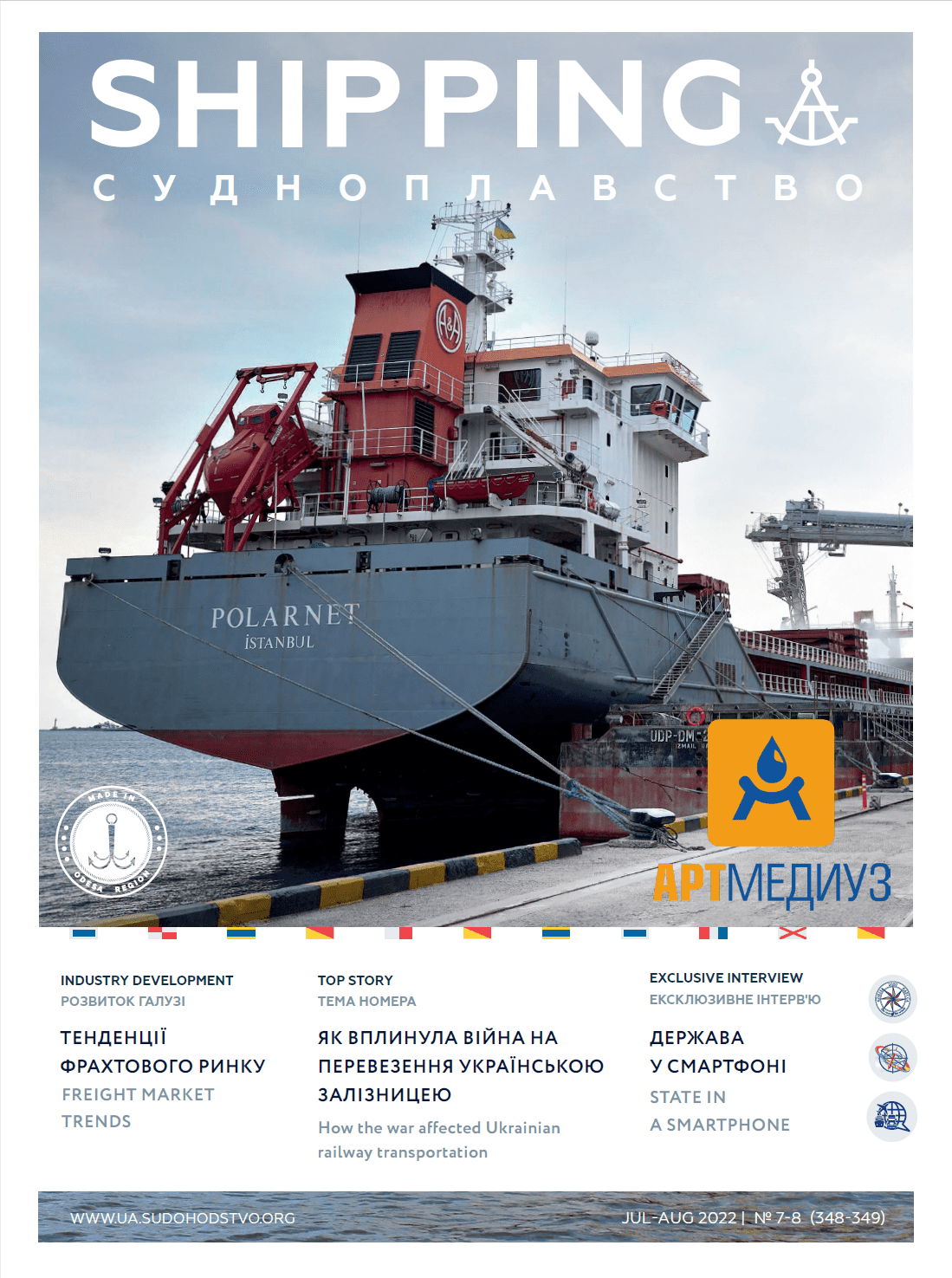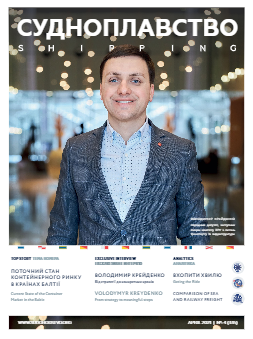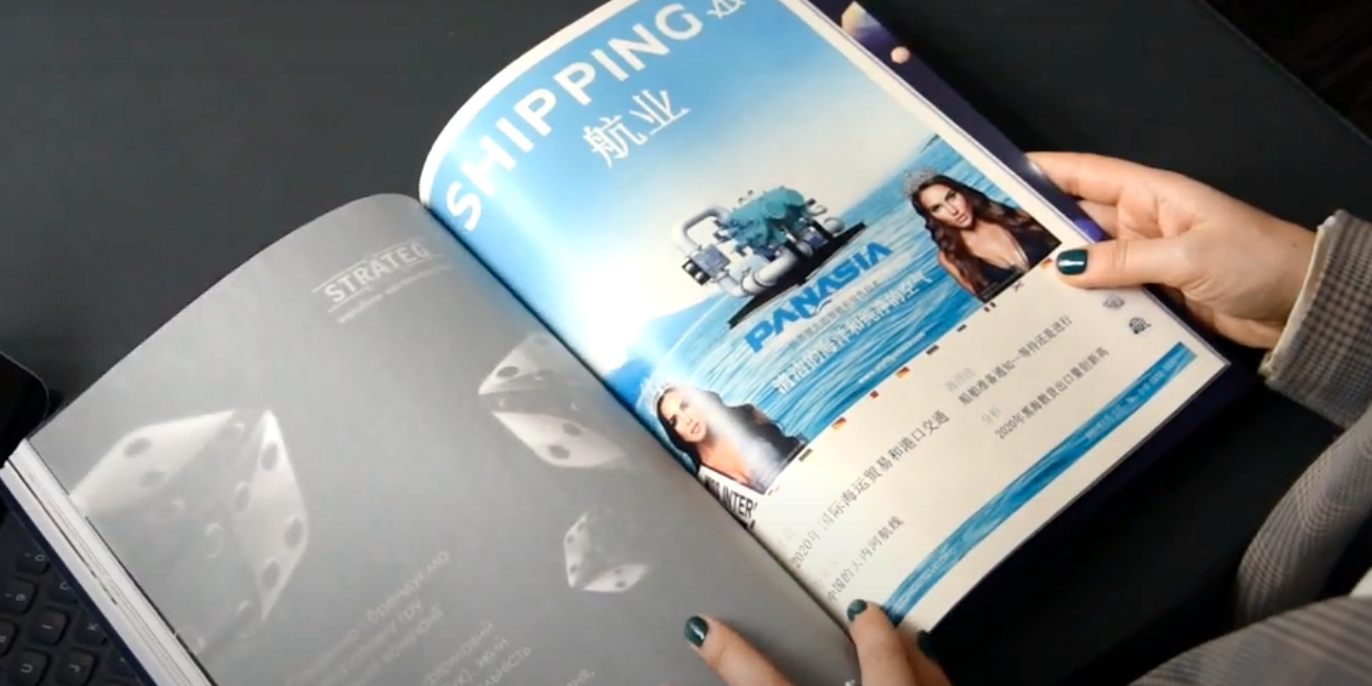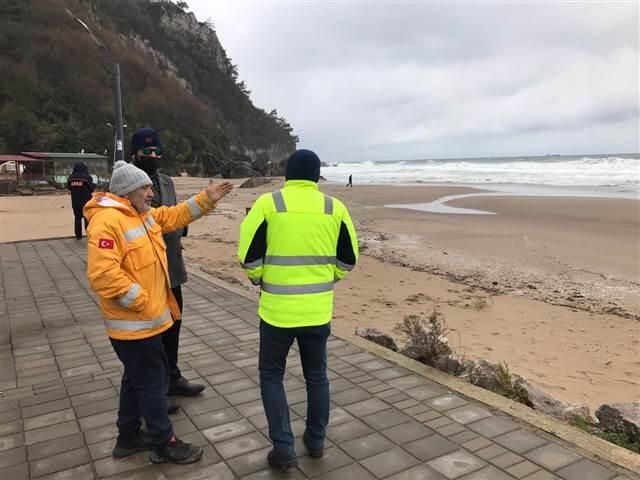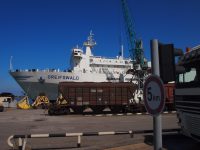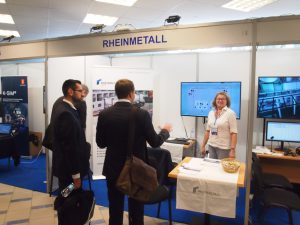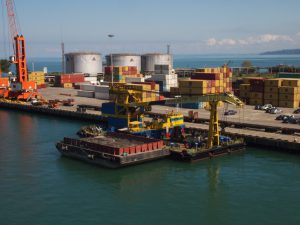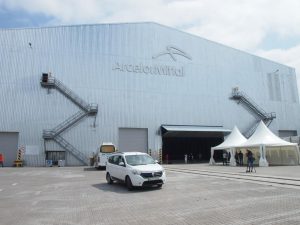Anastasiya Yarmolyuk,
Shipping
The International Maritime Organization (IMO) regulations regarding the restrictions on sulfur emissions will have a ripple effect in shipping and the economy. Shipping companies should start planning now if they hope to work effectively under the new rules.
The question is, how will IMO 2020 affect shipowners and the members of shipping industry?
According to the expects opinion shipping market anticipates:
• higher tariffs for delivery and rising prices for consumer goods;
• service failures due to a temporary decrease in fleet throughput (due to difficulties with installing scrubbers);
• price volatility (an increase in demand for marine fuel (MGO) will lead to an increase in the cost of shipping by 10-20%).
Since the transition to the game «according to the new rules» in 10 years, the environmental consequences will not be long in coming. What will happen?
Firstly, the number of thunderstorms will decrease along trade routes in the Indian Ocean and the South China Sea.
Secondly, acid rains that are harmful to agriculture and crops will decrease.
Thirdly, the number of respiratory diseases and cardiovascular disorders in densely populated port cities and coastal areas will decrease.
There is an opinion that the requirements introduced for ship fuel were most actively lobbied by countries without oil and, accordingly, cheap oil products. Basically, these are the countries of Northern Europe. For example, in Norway there is gas, but not oil.
Prices for bunker fuels (based on petroleum products) in European countries are usually higher than in Ukraine. The use of liquefied natural gas will allow the countries of the former Soviet Union to be squeezed out of the bunker market, since Western players are already far ahead in terms of developing the appropriate infrastructure.
Although IMO 2020 will have negative economic consequences for carriers and shippers, the environmental consequences of not following these rules can be disastrous. Therefore, the shipping industry should now strive to optimize logistics as much as possible and thereby mitigate the economic effect of new regulations.
Sanctions for non-compliance with IMO 2020
Compliance with the new requirements and responsibilities should be resolved by the participating countries at the domestic level.
According to Article 18 «Penalties» of the IMO 2020 directive, «Member States must determine for themselves the sanctions applicable to violations of national provisions adopted in accordance with this Directive. Certain fines must be effective, proportionate and dissuasive, and may include fines designed to ensure that fines are at least stripped of those responsible for the economic benefits resulting from a violation of national regulations, and that these fines are gradually increased for repeated violations.»
The European Maritime Shipping Agency (EMSA) has prepared a Sulfur Inspection Guidance to follow the requirements of Council Directive 1999/32 /EU (Council Directive 1999/32/EU – The EU Sulfur Directive). This organization will just regulate the procedure for monitoring the implementation of the Directive.
EMSA guidelines suggest that evidence of compliance with the sulfur content of the fuel should be obtained from the supply of fuel and also on board the vessel during sample analysis.
Article 4b.3 of Directive 1999/32/EU requires member states to ensure that they do not place gas oils on the market in their territory if the sulfur content of these marine gas oils mass exceeds by 0.10%.
International Chamber of Shipping position
As early as 2015, the International Chamber of Shipping (ICS) presented to the public a press release explaining its position regarding the application of Annex VI of the MARPOL Convention, and thereby expressed concern about the requirements for maximum sulfur emission limits in 2020.
Speaking at a meeting of the Chamber in London, the Chairman of the ICS Board of Directors, Mr. Masamichi Moruka, made the following clarification: “One should not think that the global requirements for sulfur emissions will come into force in 2025 due to the unavailability of the oil refining industry. ICS members are ready to continue working with the industry in order to prepare it for 2020. «
The introduction of a global level of sulfur emissions will increase the cost of bunker fuel by $ 50 billion annually until 2025.
The consultation organization assumes that a political decision has already been made by countries such as the US and the EU. For example, the EU has already agreed on the application of the 0.5% limit in the 200-mile coastal zone of the EU countries, despite the IMO decision.
Thus, if the global level is not introduced before 2025, then a corridor will be formed off the coast of North Africa, in which ships will continue to use less expensive fuel with a sulfur content limit of 3.5%. Mr. Moruka emphasized that the EU cannot allow such a scenario and will force IMO to apply the 0.5% requirement by 2020.
Also, the ICS Council discussed IMO actions regarding the establishment of a global system for collecting CO2 emissions data from ships on international voyages.
The IСЫ is confident that the main motive behind the EU rules is to ensure a mandatory indexing system for vessel performance and fines for the vessel, which will distort the global shipping market.
The Chamber plans to take concrete steps to support further reductions in CO2emissions from international transport and has already agreed on a series of actions in support of the relevant IMO strategy.
«It is imperative that IMO member states adopt new global rules requiring further short-term measures to reduce CO2emissions at the next session of the Marine Environment Protection Committee in 2020. This should provide a further reduction in CO2 emissions by 2023 to help us achieve our 2030 IMO target. We will work with a broad coalition of governments to prepare a comprehensive proposal that may be submitted to IMO in September this year,»said Mr. Esben Poulsson, President of the ICS. According to him, the core of this proposal will be the Super SEEMP concept, in which shipping companies around the world are required to demonstrate their actions to reduce fuel consumption, carried out through checks of the flag state.
«But we also agreed to incorporate the elements of many other good suggestions made by governments in the last round of IMO discussions to reduce CO2emissions in May,»Mr. Poulsson added.
The General Meeting of Shareholders of ICSs also confirmed the importance of research and development of zero-carbon fuel and propulsion systems that will be necessary to achieve IMO’s ambitious goal of reducing total greenhouse gas emissions by 50% by 2050, regardless of the growth of maritime trade and continued work with other interested parties. industry parties to learn how best to speed up the Department of Research and Development.
SME members reaffirmed their commitment to the successful implementation of a limit on the sulfur content of fuels since January 2020, noting the Chamber’s plans to review its recommendations for shipowners to ensure compliance with recent IMO decisions. And all this despite the continuing uncertainty regarding the availability of safe and adequate fuels with low sulfur content worldwide and operational problems associated with the use of the new 0.5% maximum sulfur content.

